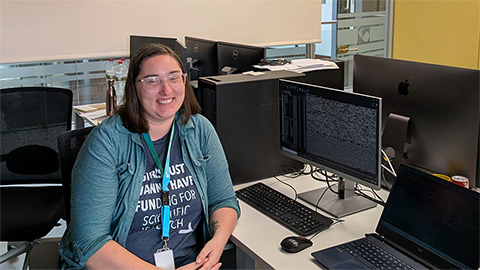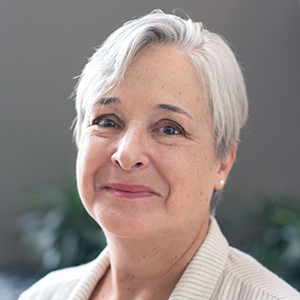Wellness and trauma
Two days before my wedding, I was mugged.
A friend and I were walking home with groceries when four people pushed us down in an alley and started kicking us and demanding money.
I was more angry than afraid. My wallet was under me, in my back pocket, and I was determined not to give it up. Our attackers were all wearing shorts and sneakers, and I noticed that only one of them was kicking me, while three were kicking my friend. That seemed unfair. My friend was screaming. I was silent.
Most of our groceries were scattered on the ground, but the hamburger rolls were up in a bush. I wondered about the ice cream. It was a balmy evening, just around sunset, and I noticed people sitting and talking on nearby porches. After what seemed like forever but was probably just a few minutes, one of those people yelled something and the four would-be thieves sprinted away down the alley empty-handed.
We picked up the groceries, thanked the man who had yelled and walked home. We called the police and filed a report, then ate our hamburgers accompanied by several stiff drinks.
Two days later, I had big bruises on my thighs, and my friend could barely walk. When I told my mother what had happened, she said, “Thank God they didn’t get your face.”
I got married, danced with my bruised friend at the reception and went on my honeymoon. Everything seemed fine. I told myself it could have been worse. I don’t remember anyone ever asking me if I was OK once the bruises faded. But I felt different. I was afraid. Ever since then, I’m wary when I pass an alley.
In the great continuum of trauma, I think this is at the low end. But it had an impact. And my mother’s appalling (but understandable) reaction was a wound.
In one way or another, we all experience trauma and its aftermath. It shapes who we are. A big part of wellness is our ability to recover and learn from trauma — and our ability to be supportive and empathetic when those around us experience trauma.
For that reason, we are making trauma and recovery the theme of our 2024 wellness issue, to be published in January.
Telling stories helps us heal. I just shared my trauma story. Now I want to read yours. Send it to asbmbtoday@asbmb.org. The deadline is Oct. 1.
Enjoy reading ASBMB Today?
Become a member to receive the print edition four times a year and the digital edition monthly.
Learn moreGet the latest from ASBMB Today
Enter your email address, and we’ll send you a weekly email with recent articles, interviews and more.
Latest in Opinions
Opinions highlights or most popular articles

Women’s health cannot leave rare diseases behind
A physician living with lymphangioleiomyomatosis and a basic scientist explain why patient-driven, trial-ready research is essential to turning momentum into meaningful progress.

Making my spicy brain work for me
Researcher Reid Blanchett reflects on her journey navigating mental health struggles through graduate school. She found a new path in bioinformatics, proving that science can be flexible, forgiving and full of second chances.

The tortoise wins: How slowing down saved my Ph.D.
Graduate student Amy Bounds reflects on how slowing down in the lab not only improved her relationship with work but also made her a more productive scientist.

How pediatric cataracts shaped my scientific journey
Undergraduate student Grace Jones shares how she transformed her childhood cataract diagnosis into a scientific purpose. She explores how biochemistry can bring a clearer vision to others, and how personal history can shape discovery.

Debugging my code and teaching with ChatGPT
AI tools like ChatGPT have changed the way an assistant professor teaches and does research. But, he asserts that real growth still comes from struggle, and educators must help students use AI wisely — as scaffolds, not shortcuts.

AI in the lab: The power of smarter questions
An assistant professor discusses AI's evolution from a buzzword to a trusted research partner. It helps streamline reviews, troubleshoot code, save time and spark ideas, but its success relies on combining AI with expertise and critical thinking.

